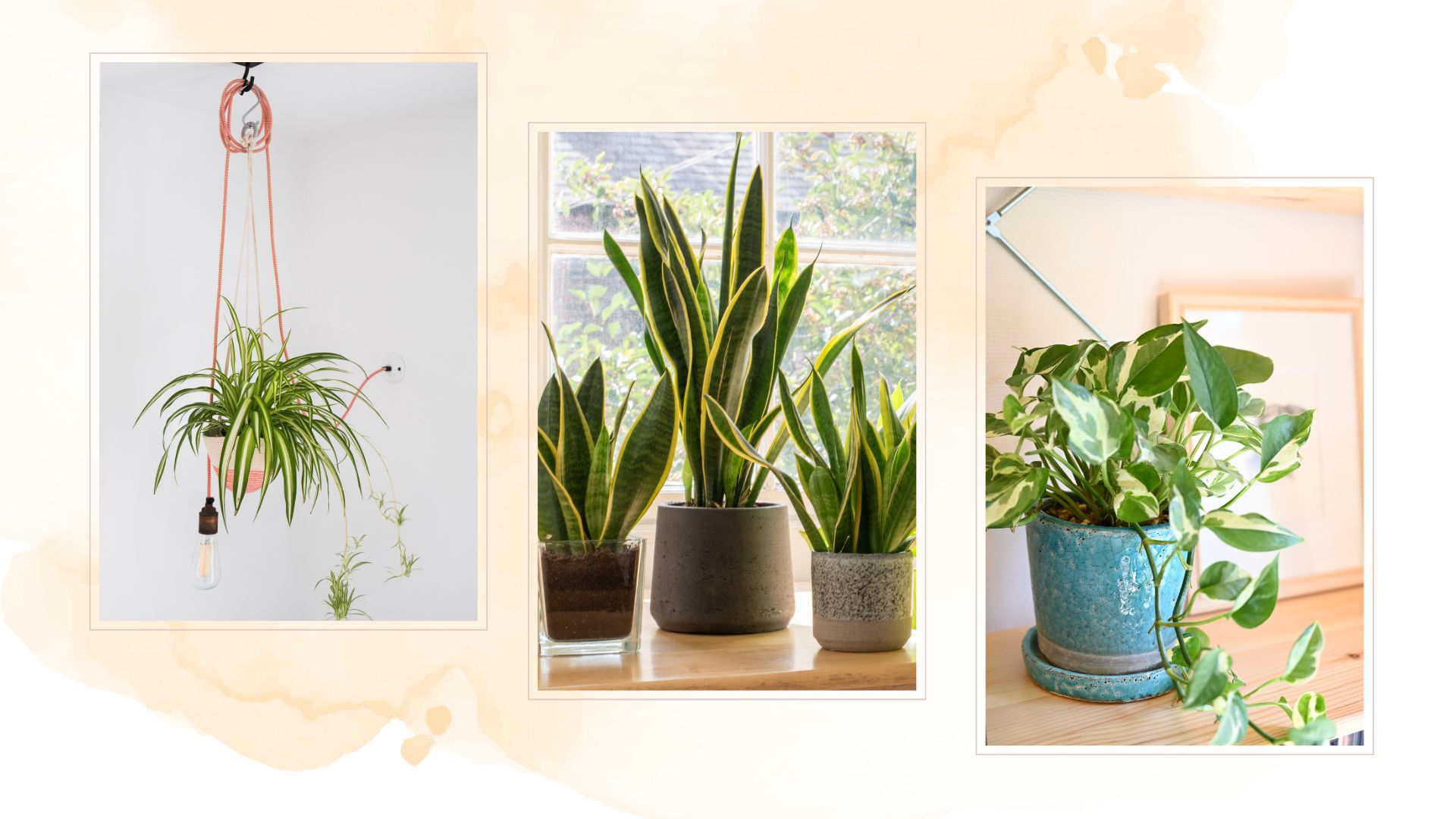
Obsessive plant parent or not, keeping various houseplants alive and thriving can seem like quite the impossible task sometimes. This is why we've put together a list of the most durable, stubborn houseplants that you will find incredibly hard to neglect.
Whether you're already surrounded by the best houseplants to make your home smell good or have a solitary cactus, trying to keep a plant nourished and taken care of can be difficult at the best of times. And with so many common houseplant mistakes to make, it can sometimes seem fated that your plants don't stand a chance.
With this in mind, we spoke to plant and horticulture experts about which top five houseplants are the easiest to keep alive. Here's what they said...
5 easy houseplants to keep alive, according to experts
Knowing how to look after your houseplants is seemingly not a big ask however when you take into consideration that various species have different needs and all the reasons your plants can become damaged, it can be quite a daunting ordeal.
When you're head is full of questions like why your peace lily leaves are drooping or how to clean plant leaves, you begin to wonder if it's all worth it. This is why choosing easy, low-maintenance houseplants is the perfect way to get a little greenery into your home without stressing you out completely.
1. Snake plant
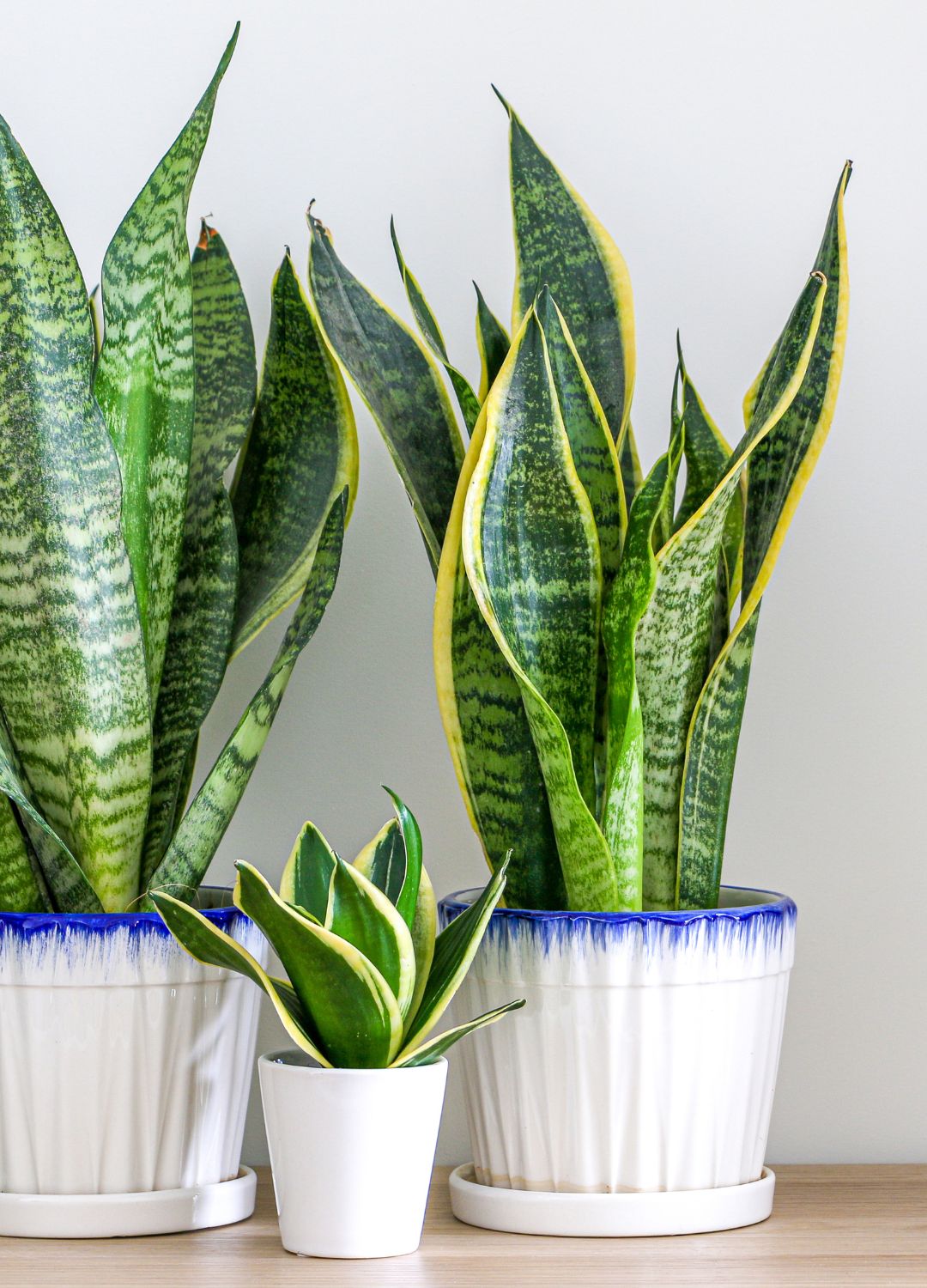
If you particularly struggle keeping your leafy family members alive then a snake plant is a great place to start. Unlike how to care for an orchid, looking after a snake plant could not be more simple and low maintenance.
"Snake plants are incredibly hardy and can tolerate low light and infrequent watering and, in addition to that, they're also excellent at purifying indoor air," says professional gardener at Fantastic Gardeners, Peter Ivanov.
They prefer indirect sunlight but love to have their soil dry out completely between waterings which is great if you're particularly forgetful to keep up with your watering routines.
2. Spider plant
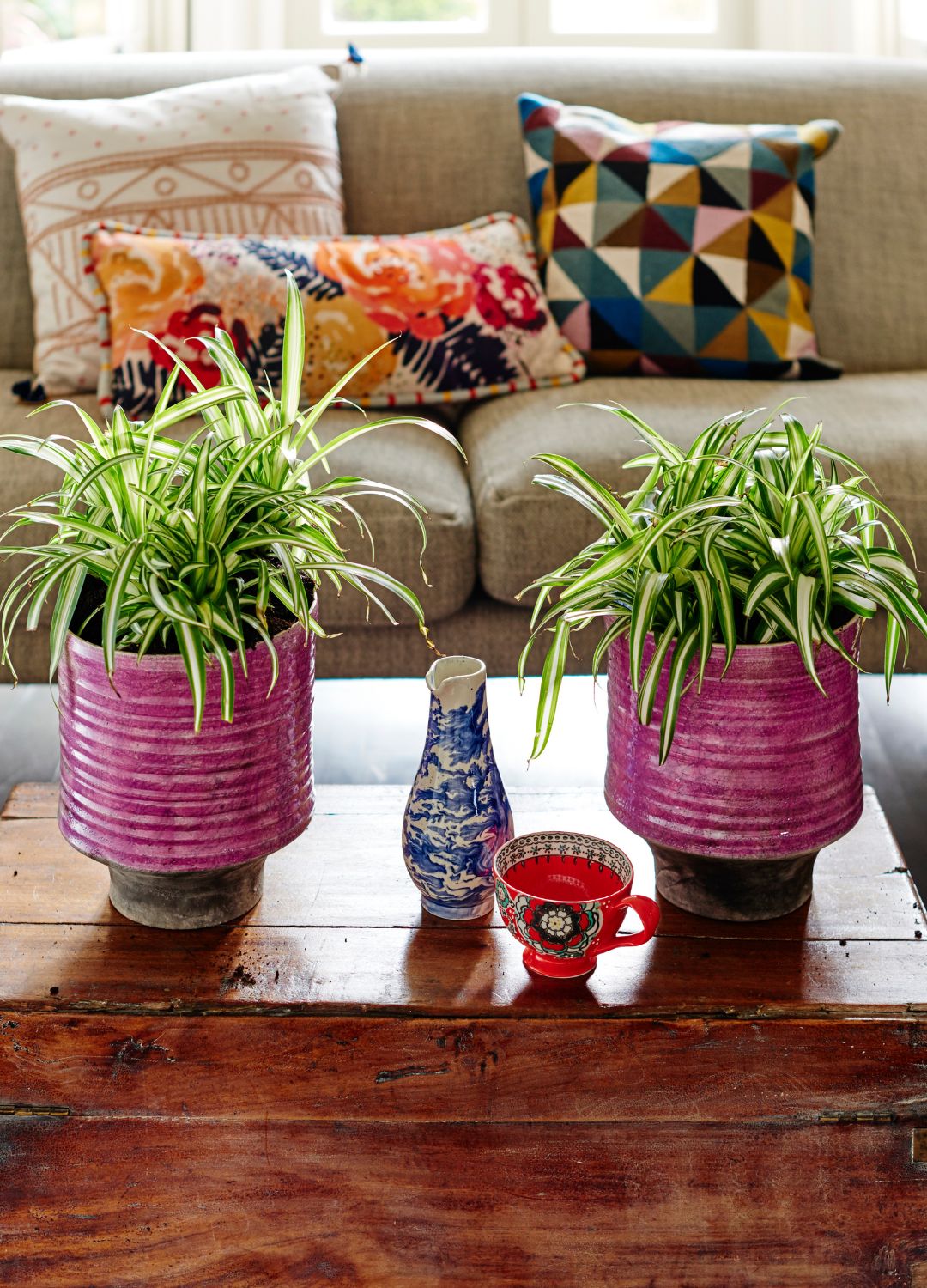
Choosing plants that help make your house smell good, is a great idea until you realise they have very complex needs and requirements. Spider plants however require minimal watering and tolerate even the most neglectful care routine.
Fiona Jenkins, a gardening expert at MyJobQuote, says, "For those who don’t have a good track record with houseplants the spider plant or Chlorophytum comosum is one of the easiest plants to keep alive."
She explains that the evergreen plant is fast growing, doesn't require a lot of water, doesn't need pruning and can thrive in pretty much all light conditions. At the most, Fiona recommends a light weekly watering when the soil is dry and to keep out of direct sunlight when possible.
3. Pothos
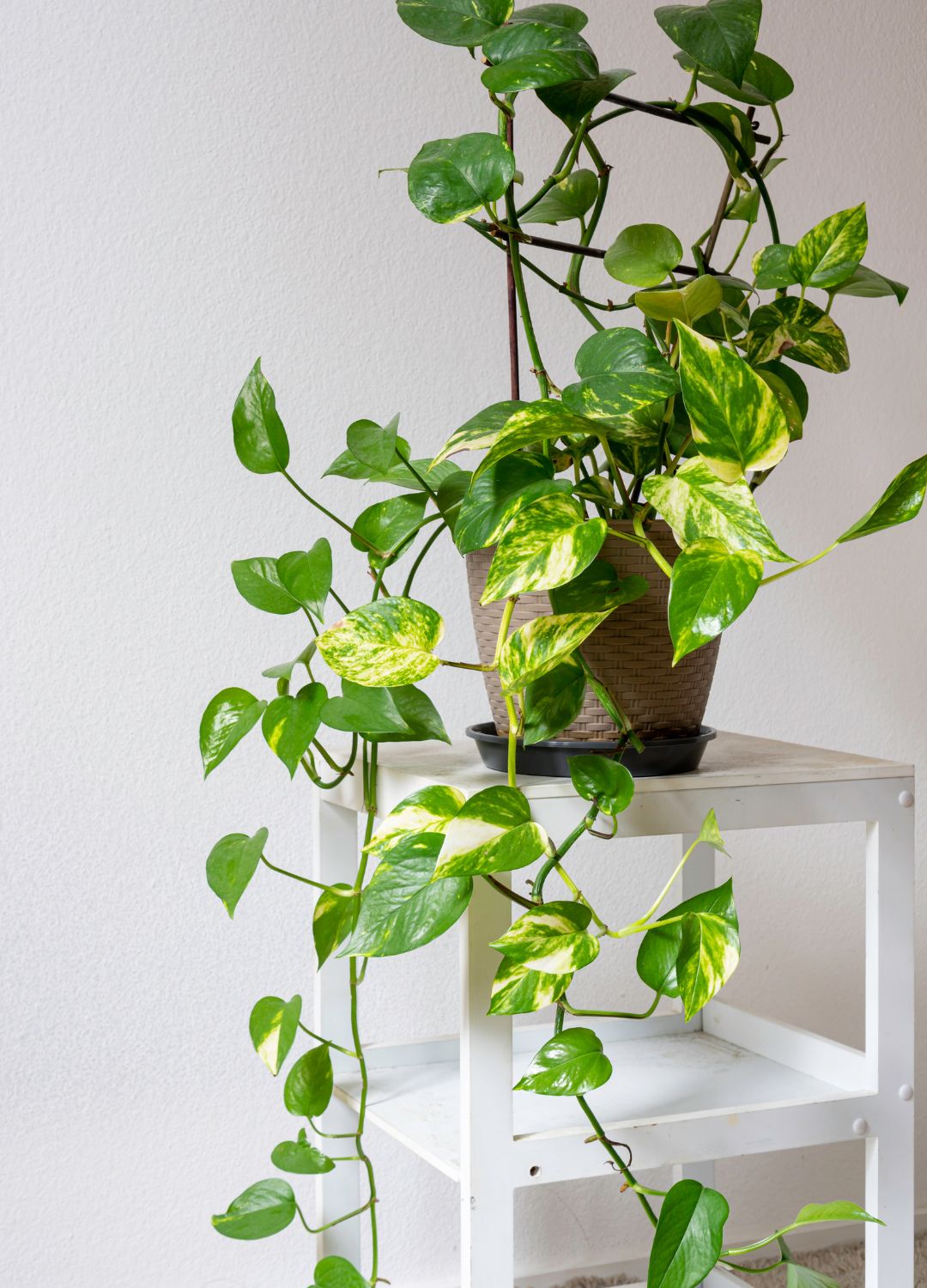
Fancying something a little more leafy or perhaps looking for a way to bring more positive energy into your home? Then a pothos plant is the perfect independent addition.
"Nicknamed Devil’s Ivy for its resilience, Pothos thrives in various lighting conditions (bright indirect light is ideal) and doesn’t need frequent watering, a win-win for people with busy lives and homes that have a variety of lighting," says award-winning florist David Denyer.
Whilst the plant is extremely stubborn it's still important to try to avoid any overwatering or leaf burning, so it's best to not keep the pothos in direct sunlight and only water when its soil is completely dry.
4. Money Plant
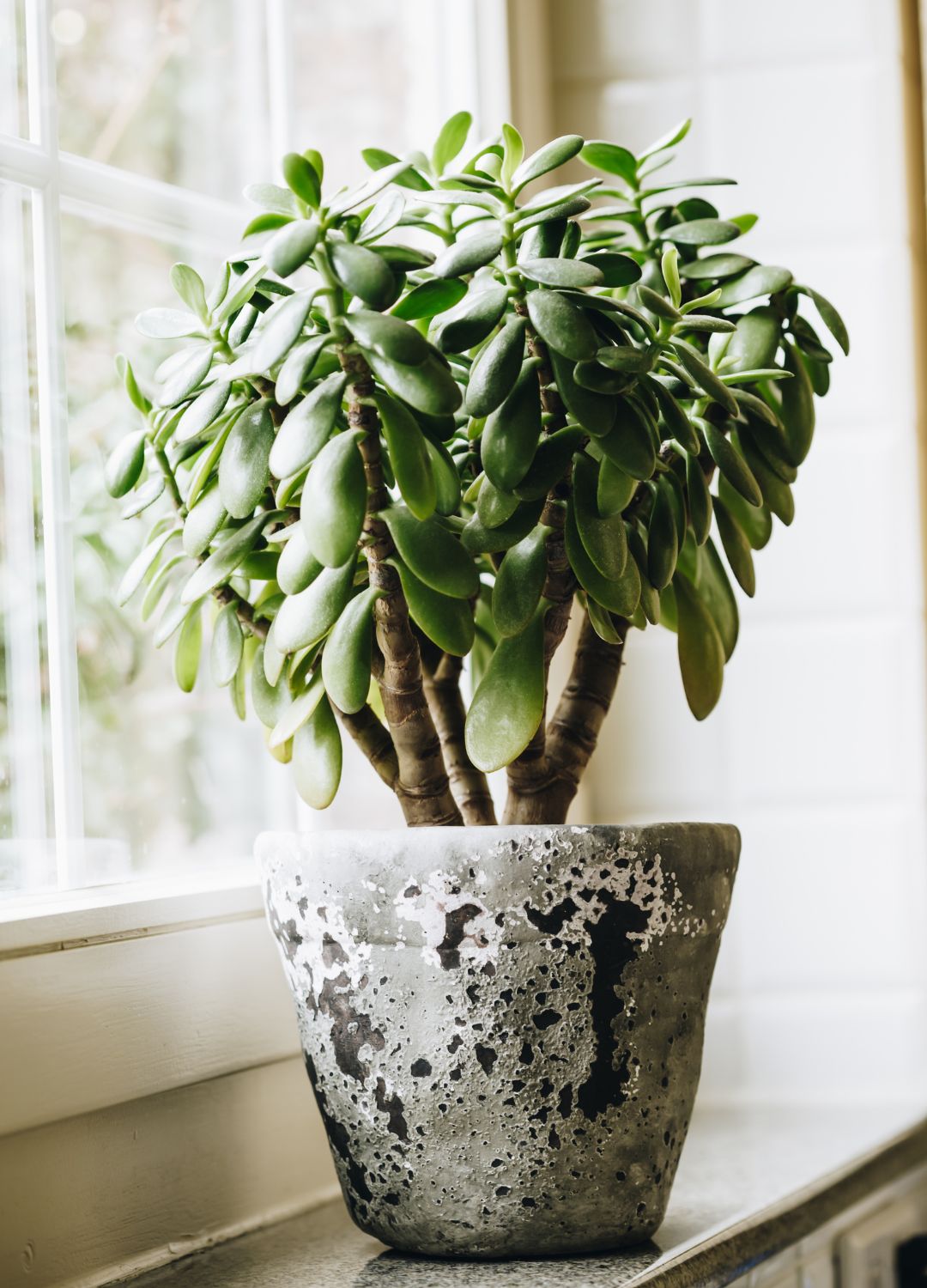
If you even struggle with how often you should water your lawn then finding a plant that can still thrive on a minimal watering schedule is key to being a successful plant parent. Hence why money plants are a brilliant choice for the most distant plant owners!
Fiona is quick to highlight that money plants, also known as jade plants, have plump fleshy leaves and branch-like stems which means they can store lots of water and will survive being neglected for a long time.
She says, "It is so drought tolerant a money plant will only need watering when the soil is extremely dry. Standing it in water for around 20 minutes and then letting the excess drain away is the best approach."
5. ZZ Plant
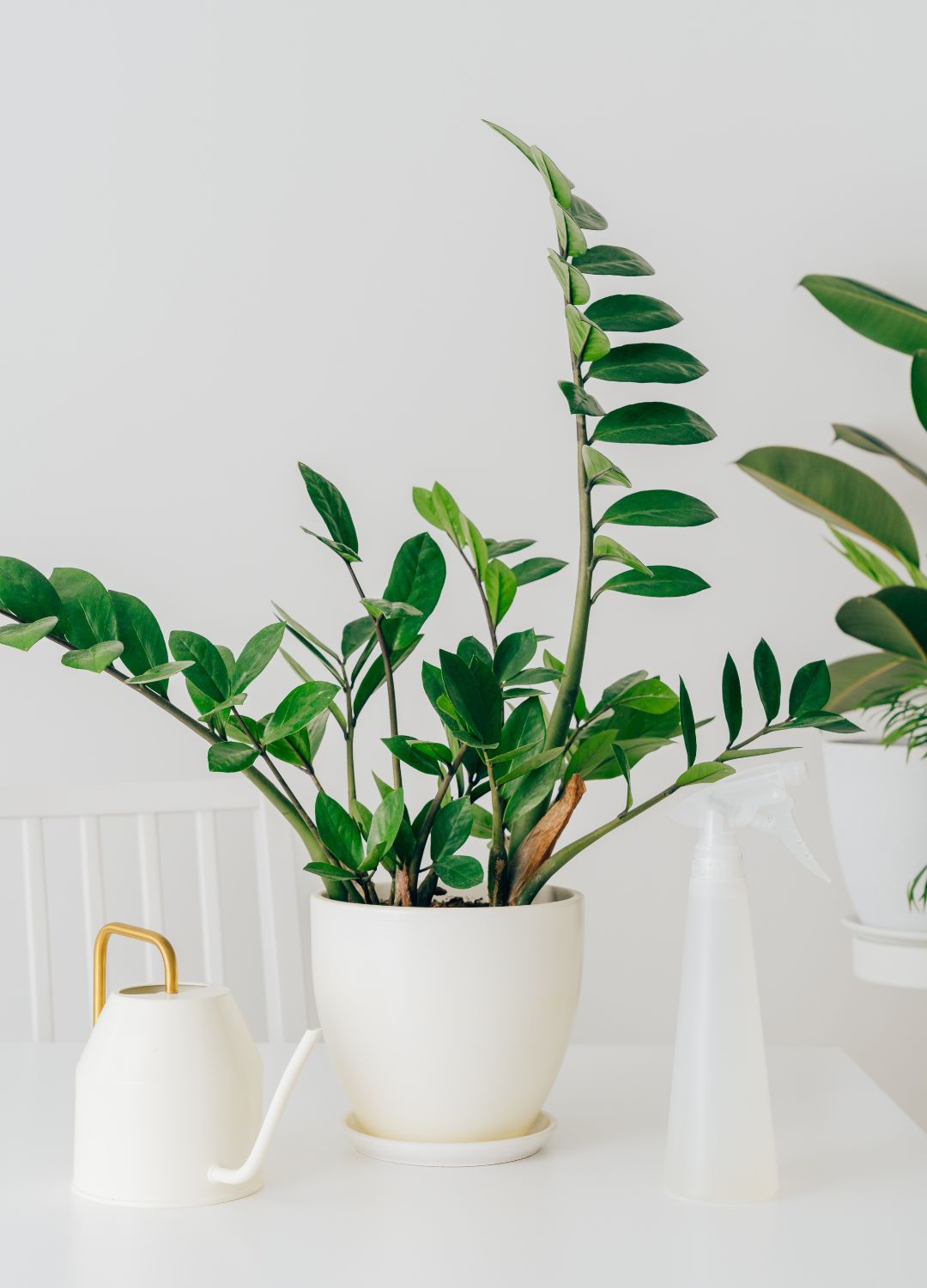
Unlike the peace lily, which may leave you wondering why its leaves are yellowing, the ZZ plant is incredibly hardy and would have to be extremely neglected to wither away.
"ZZ plants are practically impossible to kill because they thrive in low light conditions and require minimal watering," explains Peter. Whilst they will happily thrive in a dingey corner they do prefer indirect sunlight, but that's where their minimal neediness ends.
Similar to the other plants listed, the ZZ plant prefers having its soil dry completely out between watering and will benefit from a well-draining potting mix. When it comes to temperature, Peter suggests keeping the plant between a comfortable 18 to 24 degrees. Even their repotting needs are minimal, as you'll only need to re-pot when it's completely necessary due to the fact they prefer being slightly root-bond.
It's the perfect choice for a lazy plant parent-to-be!
Now you know the easiest plants to keep alive you can begin your collection of the best indoor plants for your wellbeing and health. Being a plant parent doesn't have to be taxing, knowing what species to choose that are compatible with your lifestyle is the key to a thriving house filled with houseplants.







